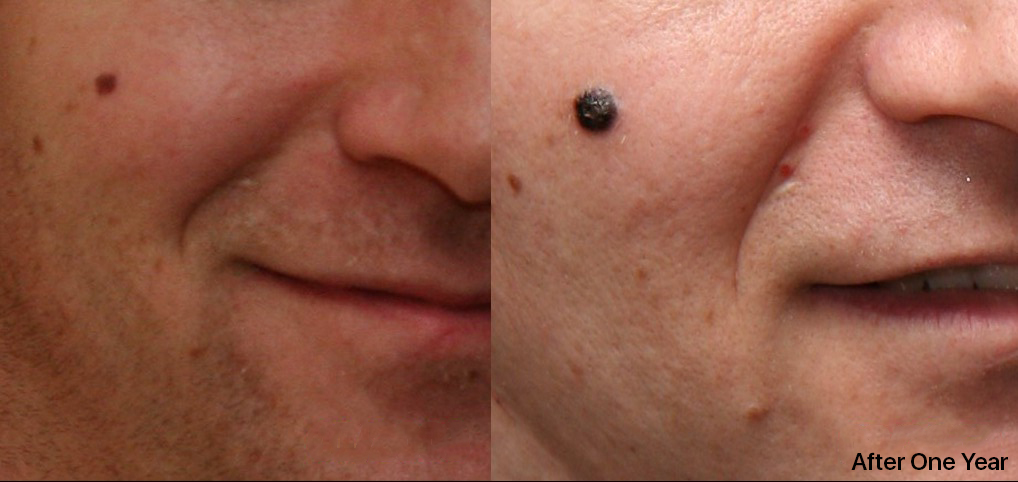May is skin cancer awareness month
 Failure to diagnose skin cancer can be fatal. However if it is caught in a timely manner, the worst can be avoided and the cancer can be treated. Skin cancer is one of the most common types of cancers with 5 million Americans being diagnosed every year. Among the various types of skin cancers, melanoma is the most dangerous.
Failure to diagnose skin cancer can be fatal. However if it is caught in a timely manner, the worst can be avoided and the cancer can be treated. Skin cancer is one of the most common types of cancers with 5 million Americans being diagnosed every year. Among the various types of skin cancers, melanoma is the most dangerous.
Who is at risk?
Anybody can get skin cancer however people with fair skins, light colored eyes, red hair, with a skin that burns easily or that freckles easily have a higher risk than others. People with a history of sunburns or people who are exposing themselves frequently to the sun or are using tanning beds also have a higher risk to get cancer than those who protect their skin from the sun. Skin cancer can also be genetic and runs in some families. Additionally people who have a large number of moles are also at higher risk of contracting skin cancer and should have their moles regularly checked by a specialist to screen for malignancy.
Self Screen is the fist step
Checking your skin regularly for any skin anomaly is an important steps in preventing skin cancer. If a mole is changing or if a mole or other skin marks starts to ooze, bleeds, becomes crusty o painful, you should consult a dermatologist. A sore that does not heal, bumps that are shiny pink, red or pearly white as well as moles or sores with irregular borders are also concerning and should be medically checked. In addition to regular self-checks, it is recommended that people at risk get screened annually by a specialist.
What if your doctor fails to diagnose skin cancer ?
If a doctor fails to diagnose melanoma or skin cancer in New York State, he or she can be held accountable providing that the lawsuit starts within 2 and half years after the patient is diagnosed with cancer.
 New York Personal Injury Attorneys Blog
New York Personal Injury Attorneys Blog


